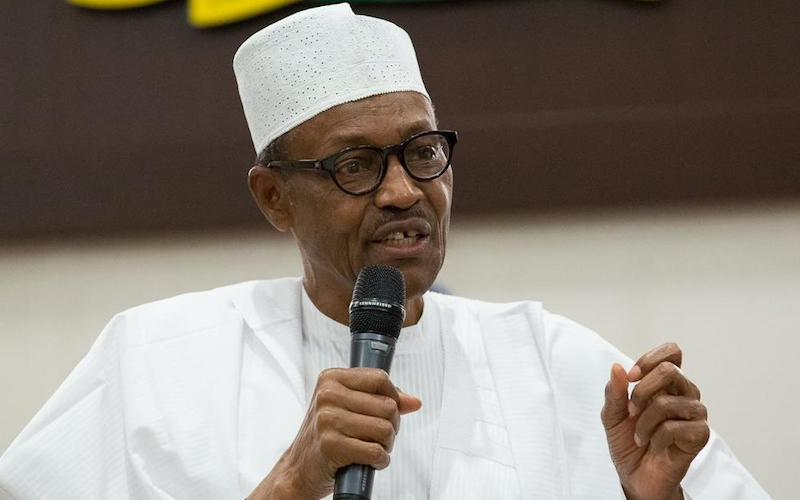
What Happens when Nigeria Falls Apart?
People in Nigeria are angry, and rightfully so. The economic recession & high unemployment rate have hit the working class hard (about half of young adults were either unemployed or underemployed at the end of 2016, according to official figures). Likewise, the violence throughout the country by groups like Boko Haram has left many citizens hopeless.
In a new development, the Igbo people have been given an ultimatum to leave the North by October 1, 2017. This is following the protests and demonstrations throughout the Eastern part of the country with a pro-Biafra resurgence, on the 50th anniversary of the Biafra Civil War, which claimed the lives of over a million people. Videos have been circulating on social media platforms with people sharing their experiences and frustrations, such as “We should all be going our separate ways! Enough is enough!”
So what happens if we all go our separate ways? Will the predominantly Muslim North secede from the predominantly Christian South? Will it be Nigeria and Biafra, or along tribal lines? Ever since decolonization, Nigeria has been trying and failing at nation building and consolidation. What makes us think that homogenous nation-states will be the answer?
Okay, so we split up. Who are our leaders? The same men who have been using our national institutions to extract wealth for their personal gain, causing Nigeria to consistently being classified as among the most corrupt nations in the world? Truly, corruption knows no tribe.
What will the new nation-states be called? Where will the new capitals be? Who will be the members of the new National Assembly? Who’s going to write the constitution and re-draft all the laws and regulations?
Those advocating for partitions aren’t necessarily ill advised or naïve, but it is important to recognize that partitioning is more complicated than we believe it to be. Separation doesn’t make for a straightforward breakup, as post-colonial Africa has shown time and again. In 1967, these same insecurities, fears and anger were simmering throughout the nation. Again, it was the Igbos who were bearing the brunt of it all. General Robert Adeyinka Adebayo, my grandfather, pleaded with the Nigerian people for unity. He realized that the prosperity that people sought could not be achieved through war, which would (and ultimately did) lead only to senseless death and destruction. We should be very careful because history has a way of repeating itself when we refuse to learn from it.
This is not to say that those who are advocating are ill-advised or naïve, but it is important to recognize that it is more complicated than we believe it to be. Separating is not a clean and straightforward breakup. It is the dissolution and disintegration of a nation.
Nigerians, enough is enough! It’s time for us to come together and talk to one another because the truth is that we all desire the same things. We want to be heard, acknowledged and represented. Above all, we want peace and prosperity. We should be asking how we can achieve this together because we honestly haven’t even given that a chance. If we cling onto our tribal identities before our national identity, how can we ever achieve unity? We claim to be passionately religious filling up our mosques on Friday and our churches on Sunday, but do we even love our neighbor?
We needn’t rely on the government to bring about this unity. It starts with us. It starts with the way we interact with people who are different from us. It starts with unlearning misguided and harmful stereotypes we have believed about others. We cannot take lightly the rhetoric coming from the North, nor the agitations from the East. We cannot remain silent or turn a blind eye. All 36 states make up our country.
What we need is to restructure. The British left us with institutions that were designed to extract resources and wealth for their own gain. When they left, our people continued to operate under the same exploitative system. This needs to change fundamentally. We must rewrite the rules of our institutions and democracy so that it suits our unique needs, as Africa’s largest nation. The one-size-fits-all approach we have been attempting has not been working.
Should states be given more autonomy? Should states remain or should we have regions? Should Nigeria have a federalist system or a council of state leaders? Or, do we just make a clean break and let everyone go their separate ways? If we do not restructure, and soon, then we will slowly descend into the devastating violence and destruction experienced in 1967.
